
A research team led by Professor K.S. Ganesh Prasad, who is India’s leading scientist in Plasma applications, is conducting ground breaking research and development on the industrial applications of Plasma including levitation of dust particles, rotating electrode process for the production of micron sized spherical particles of a range of materials including metals, de-binding and sintering process, Plasma smelting and reduction of ferrous ores fines, and microwave plasma.
One of the important research areas at the IAR the neuro-inflammatory and neuro-degenerative disorders. Damage to the brain, infectious or sterile, is a pressing problem in the world. Patho-physiological processes and possible intervention strategies are not yet available. Several researchers are exploring the mechanism of neuronal developmental processes, altered machinery during brain insults and possible interventions to restore the functionalities. This research is being led from a range of perspectives by Dr. Anand Tiwari, Dr. Reena Agrawal-Rajput.
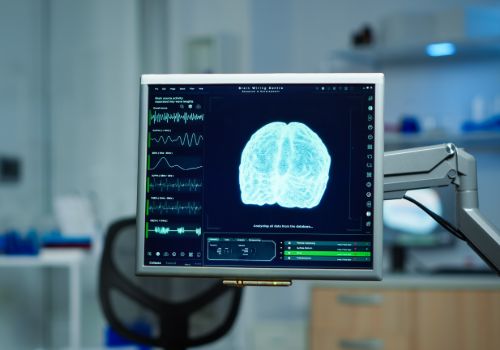

A team of researchers is working on various cellular signaling pathways of apoptosis, inflammation and their cross talk and implication in cancer. This work involves understanding molecular mechanisms in inflammation and inhibition of apoptosis and mechanisms of signal integration between inflammasomes and other immune pathways. This research is led by Dr Reena Agrawal-Rajput.
We have a growing activity in sensors. An interesting development under Dr Alok Pandya’s team is the design of nano-sensors to sense the risk of cardiovascular disorders and to detect toxic substances.
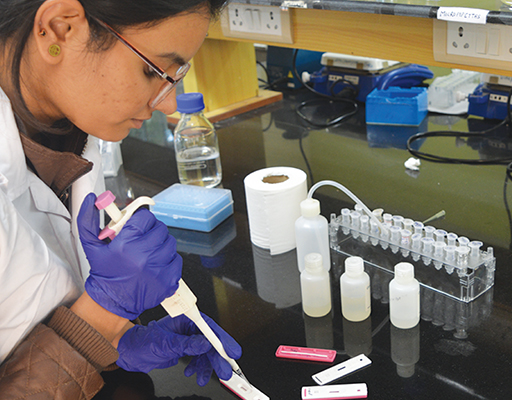
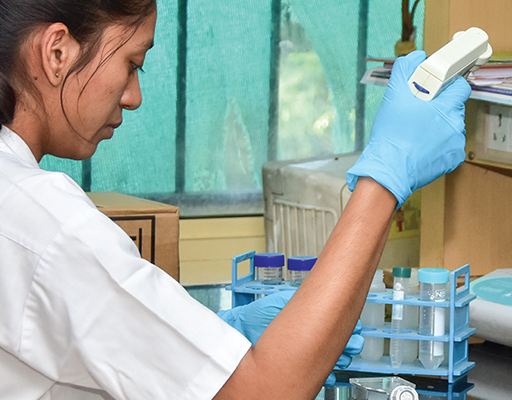
The IAR has been granted the status of Distributed Information Sub-Center by the Department of Biotechnology, Government of India for research work in emerging areas of computational biology. One of the prime focuses is on identifying novel lead molecules against the pathogenic target and validates it through various biochemical and biophysical techniques
Plant Biotechnology research at IAR is production of pharmaceuticals and neutraceuticals from plants. This work is led by Emeritus Professor Rajani Nadgauda. Dr Budhi Sagar Tiwari leads research into the role of chloroplasts and the reactive oxygen species generated by chloroplasts in the programmed cell death.


Other important areas of research include Synthetic Biology to produce novel chemicals, biofuels and biomaterials, New strategy to develop vaccine against enteric pathogens such as Shigella, Salmonella and Enterotoxigenic Escherichia Coli.
An RFID-enabled solution offering real-time zone-level parking availability and automated access, reducing urban traffic congestion. This project supports research in smart mobility, sensor networks, and embedded automation.
Aqua MinderAn IoT-based household water leakage detection system that monitors water flow and alerts users via a mobile app, enhancing water conservation and exploring integration with smart infrastructure.
CHHOTU – Service RobotA compact robotic assistant for hospitality, featuring GUI-based IoT control and obstacle detection. The system supports research in service robotics, control systems, and human-robot interaction.
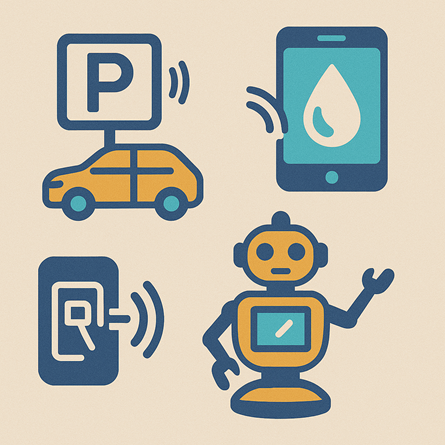

Green Cooling
Focuses on solar-powered thermoelectric cooling using phase change materials, aiming to develop energy-efficient solutions for electronics and remote environments.
Natural Water Cooler (Patented)
A solar-powered evaporative cooling system designed for sustainable environments, involving material optimization and thermal analysis to support rural and low-energy applications.
Plasma Research Group
Explores dusty plasma, cold plasma, and plasma torches, with applications in metallurgy, material modification, and environmental sustainability.
Applies machine learning for malicious URL classification, addressing threats like phishing, malware, and spam. The project supports research in threat detection and intelligent security analytics.
Secured DNS Using Improved Identity-Based Encryption (IIBES)This research introduces an enhanced Identity-Based Encryption scheme for securing the Domain Name System (DNS). IIBES addresses the key escrow problem by incorporating key revocation mechanisms and identity-based digital signatures, providing confidentiality and authentication to protect against cache poisoning, spoofing, and masquerade attacks.
Generative AI in EducationInvestigates how tools like GANs, VAEs, and GPTs can personalize learning and generate content, exploring educational technologies, natural language processing, and ethical AI design.
Social Media Behaviour AnalyticsUtilizes natural language processing and behavioural models to detect misinformation and cyberbullying, contributing to safer digital ecosystems and responsible AI development.
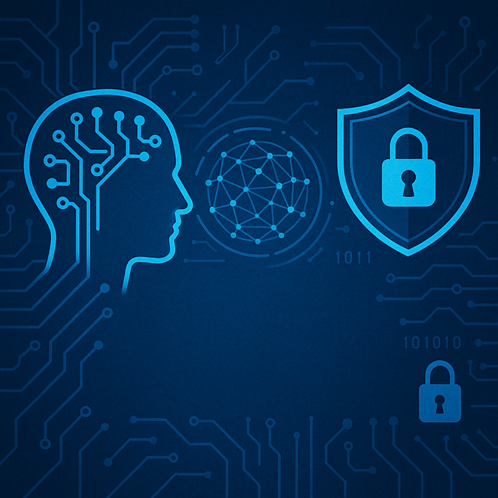
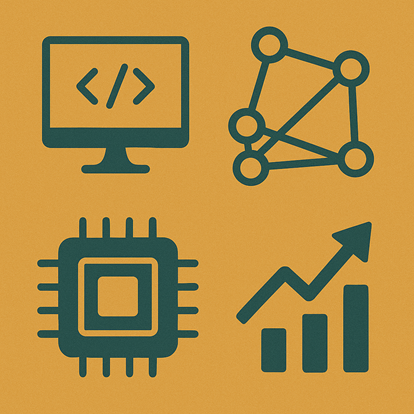
Cloud System Optimization
Employs reinforcement learning to enhance load balancing and resource allocation in cloud computing environments, supporting scalable system design and cloud infrastructure research.
Fractal and Chaos Theory in Data Mining
Applies fractal mathematics and chaos theory to develop hybrid metaheuristic algorithms for complex optimization problems.
Carbon Emission Optimization in Supply Chains
Develops mathematical models using just-in-time logistics to reduce carbon footprints across multi-echelon supply chains, aligning with environmental sustainability goals.
Higgs Boson Rare Decay Studies
Investigates rare decay pathways of the Higgs boson, such as into a Z boson and a photon, aimed at probing physics beyond the Standard Model.
Pre-Stabilized Laser System for LIGO
Models and optimizes the laser system for gravitational wave detectors by mitigating signal noise, contributing to advanced astrophysical instrumentation.


Blockchain and Secure Transactions
Studies the application of blockchain technology in ensuring secure transactions, enhancing data integrity and transparency across various sectors.
Deep Learning in Healthcare
Applies deep learning techniques to medical diagnostics, revolutionizing healthcare by enabling more accurate and timely diagnoses.
Quantum Computing and Post-Quantum Cryptography
Explores the development of encryption methods resistant to quantum attacks, addressing the emerging threats posed by quantum computing to current cryptographic systems.
Soft Robotics Inspired by Nature
Develops flexible, adaptable robots inspired by biological organisms like worms and turtles, suitable for delicate environments and applications such as non-invasive surgeries and marine monitoring.
AI-Generated Algorithms
Investigates AI systems capable of designing algorithms that surpass human-devised methods in efficiency, signaling a significant step toward AI-generated innovation.
